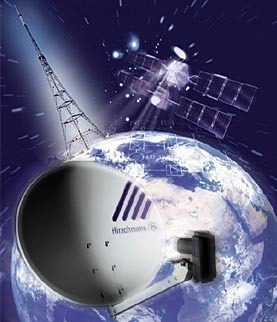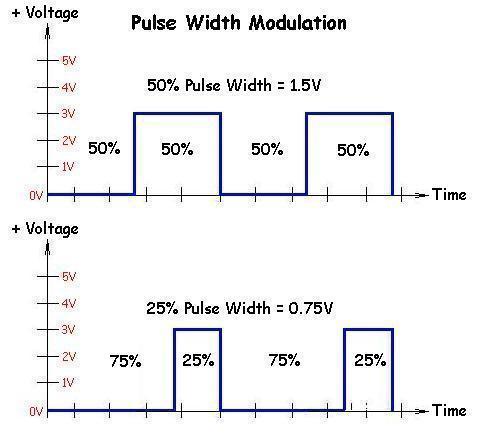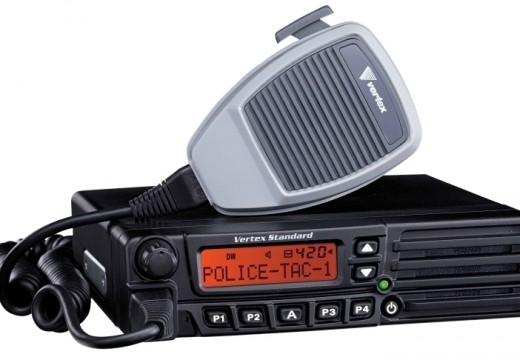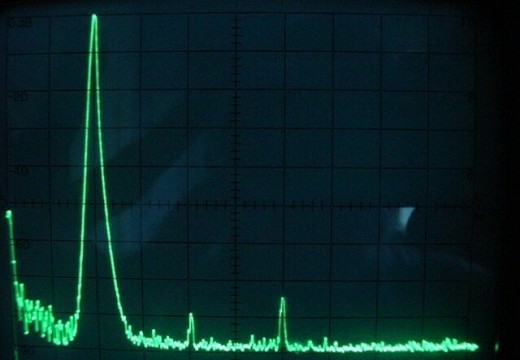
In order to understand how sunspots effect radio reception, you need to understand that the light waves and radio waves that the sun emits are both categorized as electromagnetic (EM) radiation. While light waves are visible to the human eye, they are still electromagnetic waves that oscillate. There are many electro magnetic waves, some oscillate very slow and some very fast. The slowest are the long-frequency radio waves. X-rays are some of the fastest EM waves and the light that we see usually falls in the middle of the electromagnetic wave spectrum.
While we all know that the sun emits light waves, it also emits many other types of waves as well. These waves can include: X-rays, gamma rays, ultraviolet light waves, etc. In addition, the sun also emits charged particles (ions). Charged particles are one of the effects of sunspot activity.
Sunspots are bursts of energy from the sun. They include not only charged particles, but x-rays. Since x-rays and ions are both electrically charged, they can interfere with other electromagnetic waves near the surface of the earth. In this case, sunspots affect radio waves. Sometimes when you are listening to the radio, you may hear interference such as popping, hissing, etc. This may be due to high sunspot activity interfering with the radio waves.
It should be noted that sunspots tend to affect the lower range of the radio frequencies and have little or no effect upon UHF and microwave communication.




Leonard J.Tyl
Our AM radio frequency has developed a hissing sound which occured after a heavy storm we suffered in late October. The am station which is approximately 10 miles away cannot be received without scrambling and interference. The lack of reception happens throughout the house regardless of the outlets we use. What could be the problem?
Thank you – Len Tyl